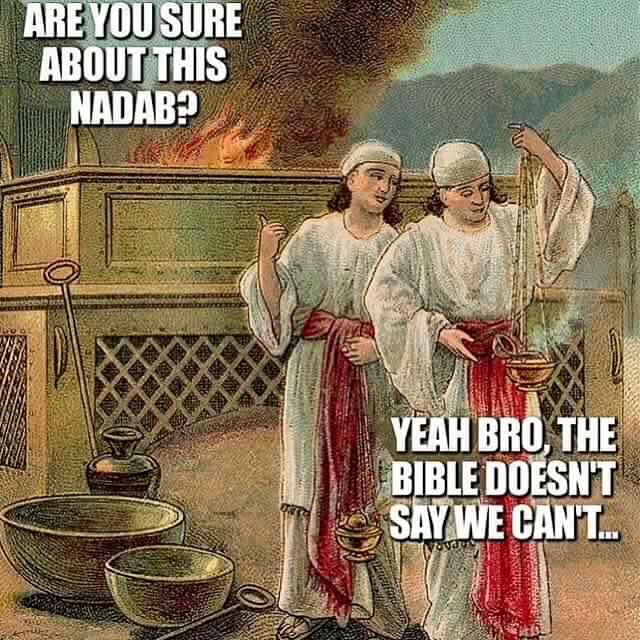- 1 Cor. 11:23-26; Matt. 26:20-29; Mark 14:17-25; Luke 22:14-23[1]
- Acts 2:41-42; 20:7; 1 Cor. 11:17-22, 33-34
- Mark 14:24-25; Luke 22:17-22; 1 Cor. 11:24-26
- 1 Cor. 11:24-26; Matt. 26:27-28; Luke 22:19-20
- Rom. 4:11
- John 6:29, 35, 47-58
- 1 Cor. 11:25
- 1 Cor. 10:16-17
The supper of the Lord is a “positive and sovereign institution” (chapter 28:1) by the Lord Jesus Christ Himself. He commanded it to be observed in His churches, unto the end of the world (1 Cor. 11:26). Why did He command it to be observed? ...for the perpetual remembrance, and shewing forth the sacrifice of Himself in His death (1 Cor. 11:24-26). The Lord Supper signifies and shows forth the Lord’s suffering on our behalf, His body being broken for us and His blood being shed for our forgiveness. It is also given for the confirmation of the faith of believers to remind them of the sacrifice of Christ which is their only ground of hope and peace with God. It is for their spiritual nourishment, and growth in Him because the Lord comes very close to us as we partake of His supper and sit at His table. It reminds us also of all the duties which we owe to Him thanks to His sacrifice on our behalf. But it is also a bond and pledge of our communion with Him, and with each other. Since we are all in union with Christ and as we partake of His blood and body, we also partake and are united with each other as believers. Christ unites all believers together and this is also signified by the Lord’s Supper and it is a pledge of it (i.e., a solemn promise or undertaking to keep this communion).
Institution And Command Of Observation
The Lord’s Supper is an Ordinance that is directly commanded by Christ. It’s not a deduction from multiple passages, but a direct and positive command of the Sovereign Christ. It is meant to cause us to look back to the perfect sacrifice of Christ of Himself by Himself for the perfection of all the elect of God. We are to look back to the sacrifice and look forward to the Parousia when He will fulfill and bring to pass all the benefits of His sacrifice. We read of the institution of this blessed Ordinance in Matthew 26:26-29; Mark 14:17-25; Luke 22:14-23 and 1 Corinthians 11:23-26. I will use Paul’s text as the basis (which was taken from Luke’s Gospel) to discuss the institution of the Lord’s Supper.
1 Cor. 11:23-26 For I received from the Lord what I also delivered to you, that the Lord Jesus on the night when he was betrayed took bread, 24 and when he had given thanks, he broke it, and said, “This is my body which is for you. Do this in remembrance of me.” 25 In the same way also he took the cup, after supper, saying, “This cup is the new covenant in my blood. Do this, as often as you drink it, in remembrance of me.” 26 For as often as you eat this bread and drink the cup, you proclaim the Lord’s death until he comes.
Before being betrayed by Judas, the Lord Jesus instituted a New Covenant meal in which His disciples would always have a way to remember and celebrate His work of redemption on their behalf. They were celebrating the Jewish Passover as the New Covenant Mediator instituted the New Covenant meal. The Passover was the remembrance of God’s great deliverance of the Israelites from the bondage of Egypt. The Lord’s Supper is a token and a sign of even a greater deliverance, i.e., the deliverance from the bondage of sin through the blood of Christ. This Ordinance, Christ institutes simply based upon His authority as the ...










